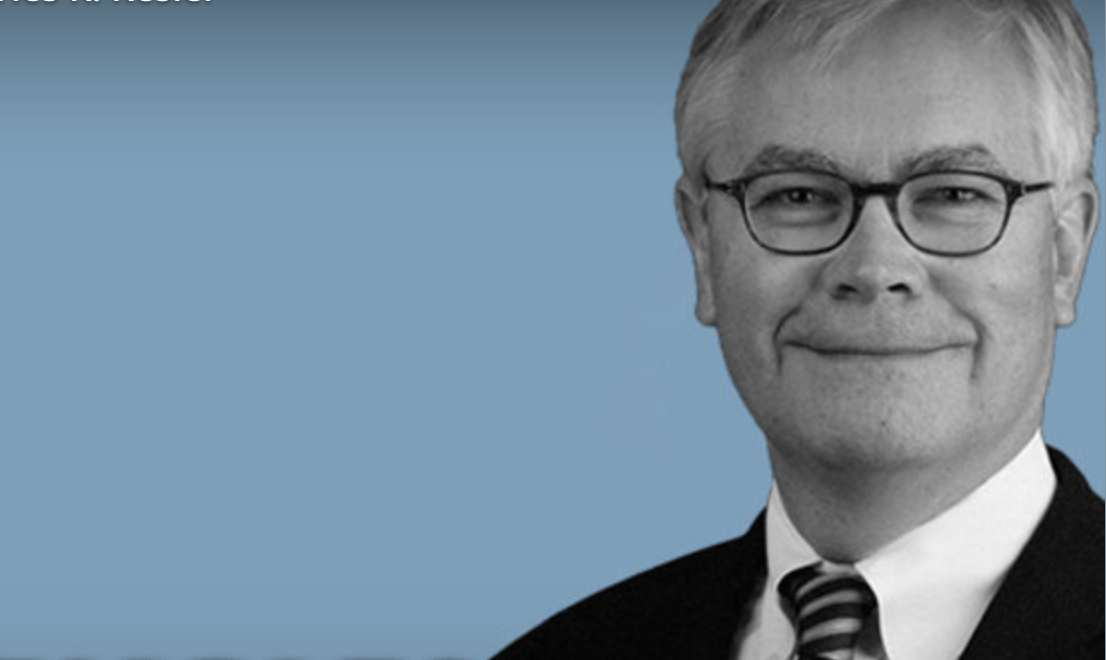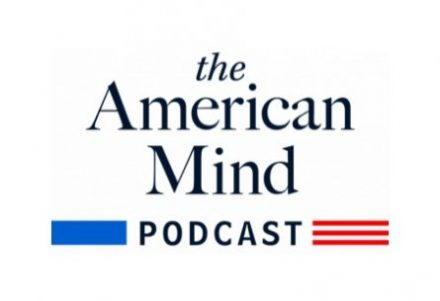In this tele-town hall, Dr. John C. Eastman discusses the legal and constitutional underpinnings of President Obama's executive actions on immigration.
Trump, Executive Power, and the Bully Pulpit
The Claremont Institute and The Heritage Foundation co-host a panel to discuss President Trump's use of executive power.
Our distinguished panel looks at how President Trump has approached executive power in important and novel ways, paying special attention to how the President has asserted greater control over the administrative state, curbed the previous Administration’s use of “enforcement discretion” to effectively change law, and used the power of the “bully pulpit” to advance his objectives and inflame his critics. Claremont co-hosted this panel with The Heritage Foundation on February 22, 2018 in Washington, DC.
The panelists:
• John Fonte, Senior Fellow and Director, Center for American Common Culture at the Hudson Institute
• Adam White, Research fellow, Hoover Institution; Director of the Center for the Study of the Administrative State at George Mason University’s Antonin Scalia Law School
• Charles Kesler, Editor, Claremont Review of Books; Senior Fellow, Claremont Institute; Professor of Government, Claremont McKenna College
• Ryan Williams (moderator), President, Claremont Institute
• Arthur Milikh (host), Associate Director, B. Kenneth Simon Center for Principles and Politics at The Heritage Foundation
The American Mind presents a range of perspectives. Views are writers’ own and do not necessarily represent those of The Claremont Institute.
The American Mind is a publication of the Claremont Institute, a non-profit 501(c)(3) organization, dedicated to restoring the principles of the American Founding to their rightful, preeminent authority in our national life. Interested in supporting our work? Gifts to the Claremont Institute are tax-deductible.
Senior Fellow Charles Kesler scrutinizes the emergency powers assumed by elected officials during the pandemic.
During this interview, Senior Fellow Christopher Caldwell breaks down the effects of the 1964 Civil Rights legislation. Caldwell's interview begins around the 20:45 mark.






